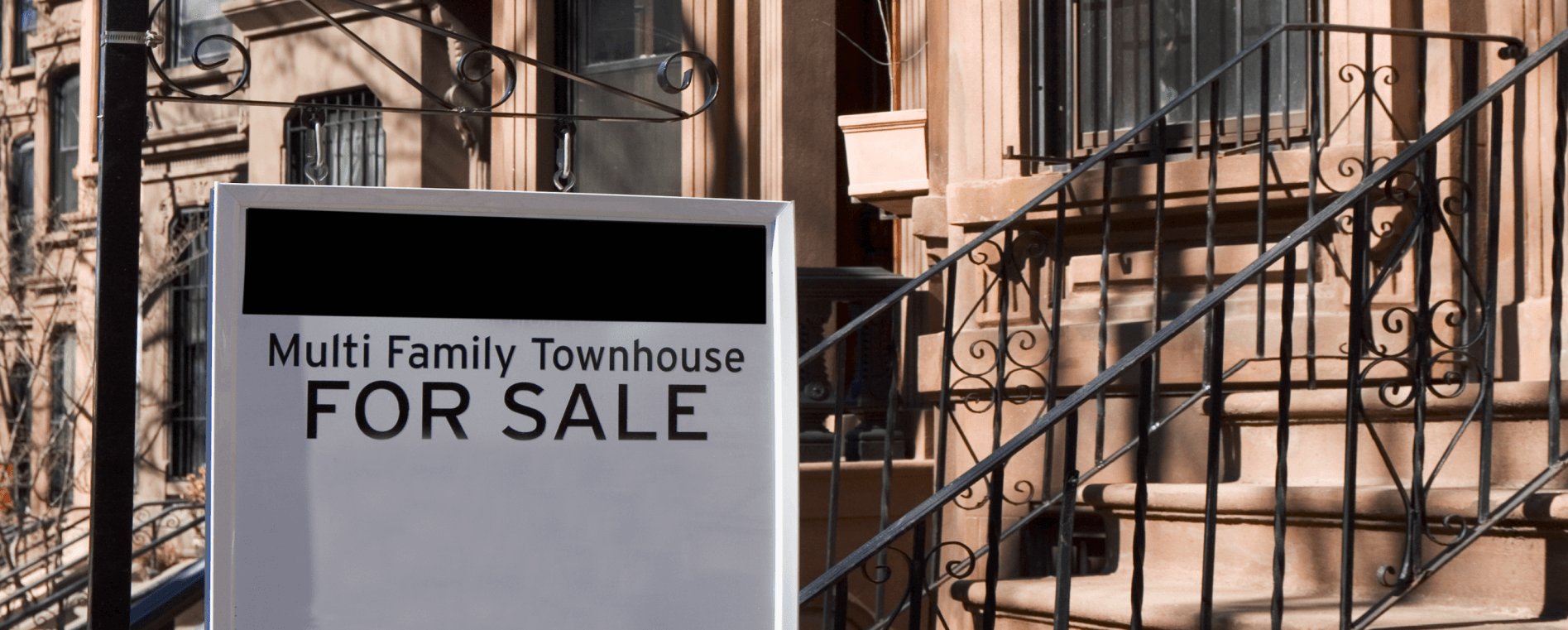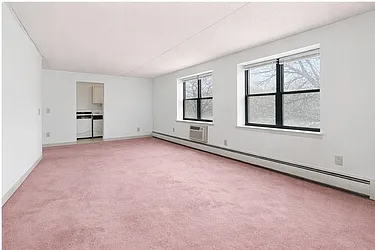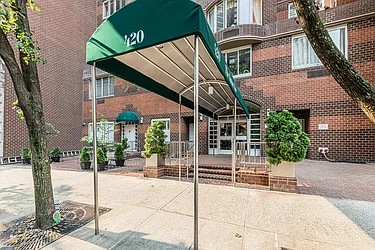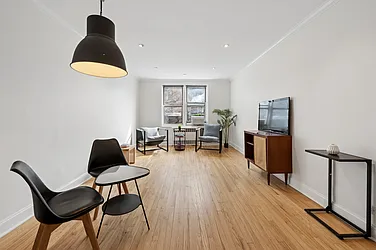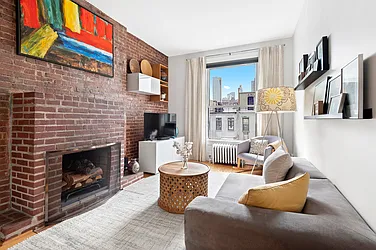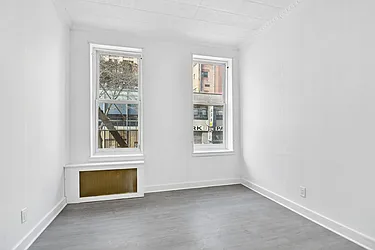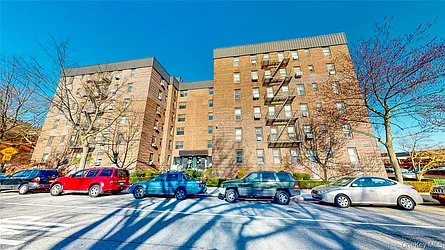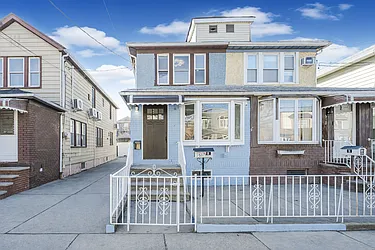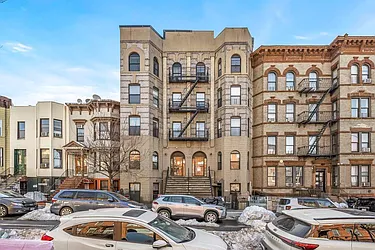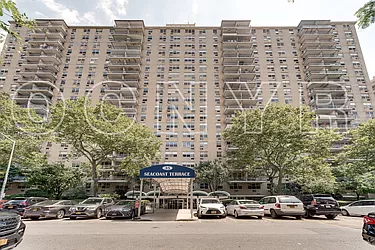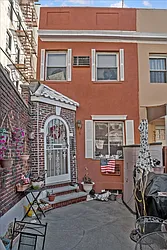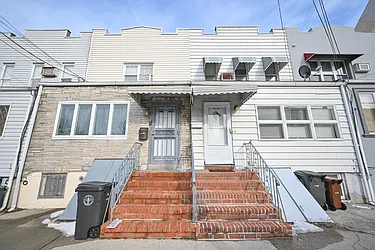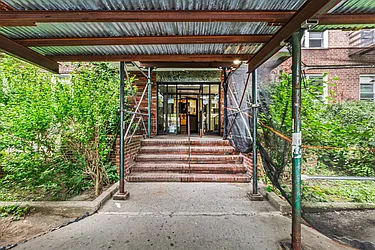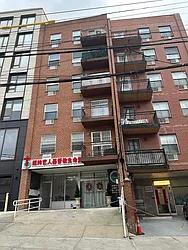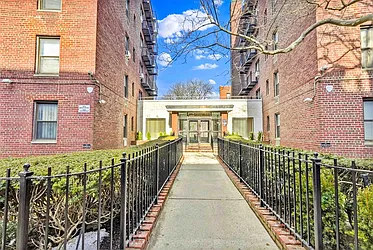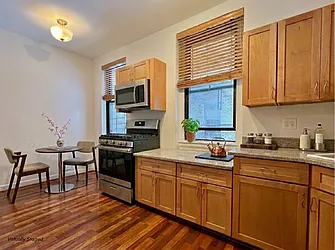How to Sell Your NYC Home
The NYC sales market is breaking records left and right, which is great news for home sellers. So, with the potential for offers to pour in, what do sellers look for in an offer? Well, if you’ve explored your selling options — and priced your home right compared to similar homes sold in your building or neighborhood — you should be entertaining multiple strong offers. Here’s what you should know about choosing the best one.
Before we dive in, check out our StreetEasy Home School video on how to evaluate offers when selling your home.
Manhattan Homes Under $1M on StreetEasy Article continues below
What Does “Contingent” Mean in Real Estate?
First of all, when it comes to what sellers look for in an offer, understanding the term contingent and how it impacts the sales process is essential. Simply put, contingent means “depending upon certain circumstances.” Both buyers and sellers can establish contingency clauses, which spell out an action or condition that must be met before binding a real estate contract.
Homebuyers may make an offer that is contingent on securing a mortgage, or an inspection that doesn’t reveal significant structural issues. If these conditions aren’t met within an agreed-upon period of time, the buyer has the right to exercise their contingency — meaning cancel the contract and receive their deposit back.

“While contingencies reduce the risk for the buyer, they increase the risk for the seller that the deal doesn’t close,” says Jared Antin, Managing Director and associate real estate broker at Elegran. “In a seller’s market, like NYC is experiencing now, sellers are less inclined to accept a deal with one or more contingencies.”
But, just because an offer doesn’t have contingencies doesn’t mean it’s better. For example, a contingency clause can help a homeowner sell quicker. A seller can also ask a buyer to waive contingencies for a lower offer.
Brooklyn Homes Under $1M on StreetEasy Article continues below
What Should Home Sellers Know About Cash Offers?
What do sellers look for in an offer? You may think all cash — “cash is king,” after all. However, the phrase cash offer in real estate has two different meanings.
For one, a cash offer can mean that it’s not contingent upon financing. “Many buyers presenting cash offers plan to secure financing,” says Kevin Sneddon, associate real estate broker and founder of The Private Client team at Compass. “But they can’t get out of the deal without losing their deposit if they are not able to close on their purchase.” Why? Deals like these, as just mentioned, are not contingent on financing.

Otherwise, some buyers make genuine cash offers using the money they already have on hand, without financing. But don’t expect the buyer to bring suitcases full of cash to the closing. In these instances, buyers usually present proof of funds, and the money is sent via check or wire transfer.
Not surprisingly, the latter method is often preferred when determining an offer, as it avoids the financing element. Plus, it speeds up the closing process and makes for a faster sale. Even better, there are usually no contingencies with a true cash offer, so it minimizes the risk of the deal falling through. Additionally, if the deal doesn’t close, the seller may have the right to keep the buyer’s deposit.
Queens Homes Under $1M on StreetEasy Article continues below
Is the Highest Offer Always the Best Offer?
There are several factors that go into choosing the best home offer — and the highest one is not always the best one.
“For instance, if the seller needs to close within 30 days to secure their next purchase, then the seller may prefer to accept a cash offer that is slightly lower in price than a non-contingent financing offer. As a result, the cash buyer will be able to close quicker,” says Antin.
The same is true for the number of contingencies. Since contingent offers take longer to close, a seller might opt for a lower offer that doesn’t have contingencies, in the interest of closing the deal faster.

“The essential thing to know when considering what sellers look for in an offer is that the best one, in many occasions, is a combination of price, risk (contingencies requested by the buyer), and timeframe,” says Antin. “Ultimately, the best offer is the offer that best accomplishes the seller’s goals.”
How Do Sellers Choose an Offer If They Have Multiple Offers?
If you’ve priced your home well, you’ll know it. You’ll get immediate requests for showings, second showings, a busy open house — and multiple offers. So how can you keep buyers honest, and make it easier to choose the best offer?
A good strategy is to ask for a “best and final” offer, which means that all interested buyers must come with their best offer by a specific date. Give buyers enough time to see the apartment, plan their offers, and present you with their best and final. Buyers will understand that this is their one and last chance to get the apartment, and you’ll have the information you need to determine the best offer out of many.

What If Two Offers Have Similar Terms and Price?
How do sellers choose an offer if they’re nearly identical? If the terms are the same — say two cash offers at the same price — and it’s their best and final, then you have a decision to make.
If the home is a co-op, you need to look at each buyer and ascertain which will be more likely to get past the co-op board. Examine their income, debt, and assets to see which buyer is stronger financially. You should also take into account other factors that may lead to an approval or rejection, such as pied-à-terre usage or how they’ll fit in with the building and its residents. But if all else is equal, you need to figure out which buyer is more serious. Given that buyers can walk away before they sign the contract, it’s not uncommon for them to get cold feet. Let the chosen buyer know that they have a limited amount of time (seven days is appropriate) to get a signed contract back to you. If they don’t, go with the backup buyer.
More on Selling Your NYC Home
Why Home Sellers Must Keep Fair Housing Laws in Mind
When it’s a seller’s market, buyers will go to great lengths to stand out. But if they’re not careful, home sellers can unknowingly violate fair housing laws.
“While some buyers like to write heartfelt letters to the seller along with their offers, sellers shouldn’t read them, as it may influence which buyer’s offer to accept and that may go against the fair housing laws, which protects people from discrimination,” says Antin.
So, when determining how to choose an offer, it’s essential to accept the best offer for you and your goals — without considering any protected characteristics of the potential buyer.

Ultimately, if you’re in a position where you’re trying to decide which offer to accept, you have a good problem on your hands. Just remember that during the process, it’s important that sellers and their real estate agents adhere to all local, state, and national fair housing laws.
Tools and Resources for Pricing and Selling Your NYC Home
It’s your home and you know it best, but pricing a home to sell — and choosing an offer — is both an art and a science. Start by claiming your home and accessing your Owner Dashboard, which gives you a comprehensive view of your property. In it you’ll find various tools and resources, including your StreetEasy Valuation, an estimate of your property’s current market value powered by StreetEasy’s expansive base of NYC real estate market data. You can compare your home to similar homes nearby that are sold or on the market, allowing you to price your home competitively.
For more personalized guidance, contact the StreetEasy Concierge for sellers. They’ll walk you through your selling options, help you better understand your StreetEasy Valuation, or connect you with a qualified agent in our Experts Network who has sold homes similar to yours. Experts provide valuable NYC knowledge and localized expertise in helping you price your home, negotiate with buyers, and ultimately choose an offer. On average, top StreetEasy Experts sell 1+ month faster than the market, and have a sale-to-list price ratio that is around 14% better than the market.1
1 Source: StreetEasy listings created between January 2012 and September 2024. Market defined as borough, unit type, price point, and share of listings by year.
StreetEasy is an assumed name of Zillow, Inc. which has a real estate brokerage license in all 50 states and D.C. See real estate licenses. StreetEasy Concierge team members are real estate licensees, however they are not your agents or providing real estate brokerage services on your behalf. StreetEasy does not intend to interfere with any agency agreement you may have with a real estate professional or solicit your business if you are already under contract to purchase or sell property.
For FSBO postings, the StreetEasy Concierge is meant to provide insight to improve your posting performance on StreetEasy and may refer you to a real estate professional based on your specific needs.
StreetEasy Valuation is our estimate for a home’s market value and is not an appraisal. Use it as a starting point to determine your home value and monthly rental price.
